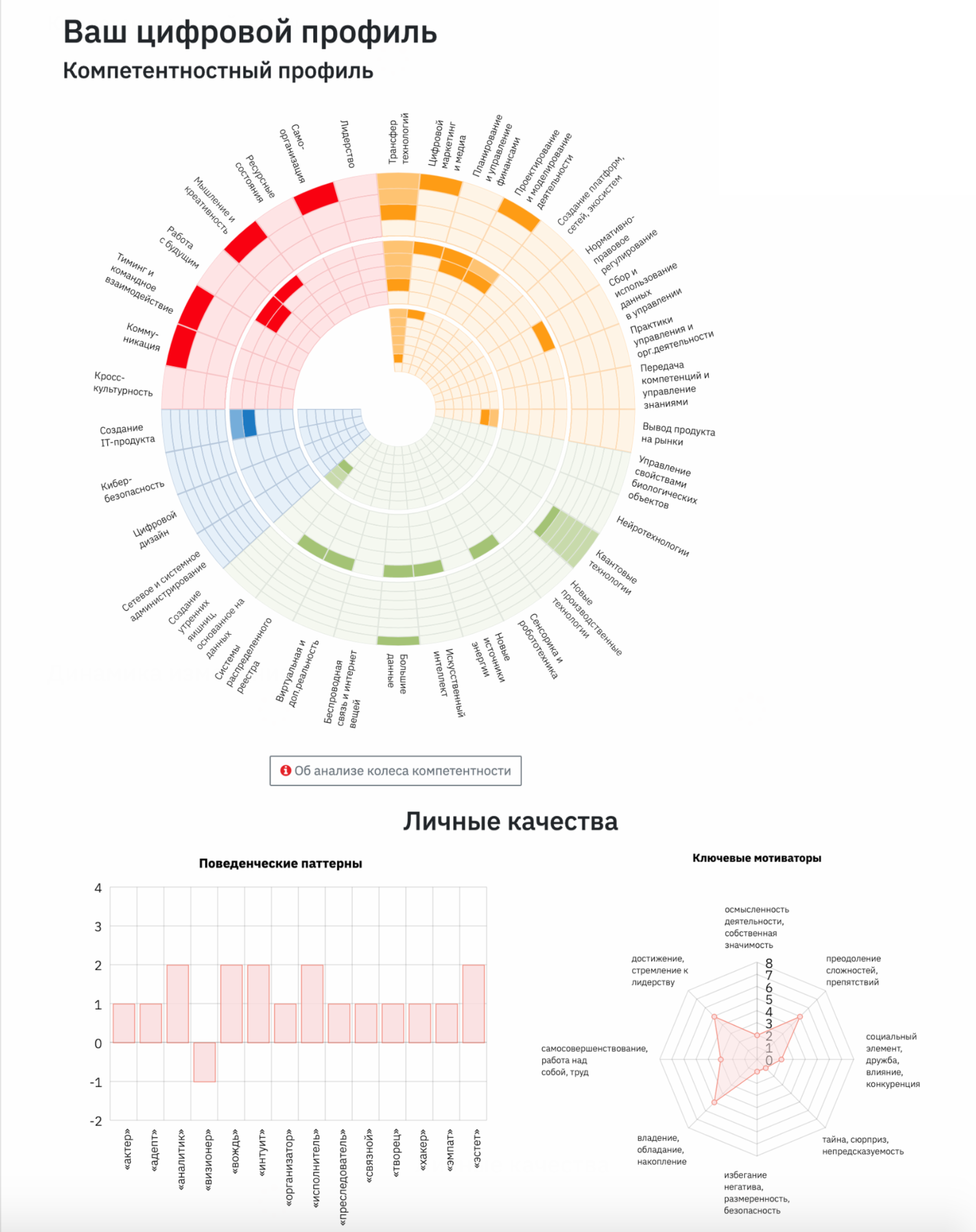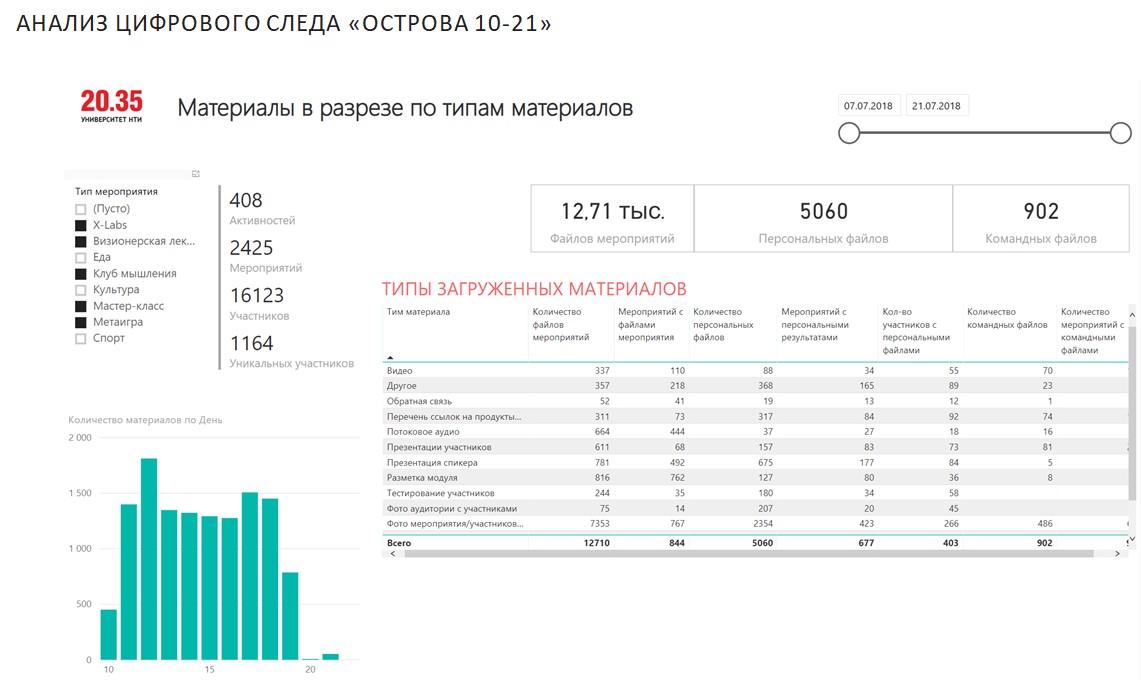In the modern world, the student is no longer attached to either the teacher or his environment. Digital communication technologies give him the opportunity to choose where and what to learn, in what environment to develop, in what activities to join.
Success in this new, increasingly digital education system is determined not only by how much learning adapts a person to the current socio-economic structure. Success is increasingly dependent on the ability to constantly adapt, change, effectively master new activities and acquire new professional qualities.
This makes new, fundamentally different requirements for the education system. In a world where the student has the opportunity to choose where, how, when and what to learn, the task of the system is not to ensure a qualitatively high level of each particular teacher teaching a particular subject, but to:
- provide the student with tools for informed choice,
- navigation technologies in the space of educational opportunities (taking into account their relevance to goals, personal qualities, abilities of the student),
- reliable means of assessing the effectiveness of a particular educational process.
At the same time, the very concept of “efficiency” is changing, acquiring a new meaning. The effectiveness of education in the new digital reality is a measure of the resources spent on a person's mastering of new activities (the ability to solve a new type of problems). At the same time, the key becomes the ability to predict this efficiency for a specific person, taking into account his characteristics, his existing skills and knowledge, his motivation to master this knowledge.
If a teacher or a format for mastering a new activity, a specific competence turns out to be potentially effective for a large number of students, the question arises about the maximum scaling of the educational solution, usually accompanied by automation, reducing the labor intensity of the competence holder's work with each student.
« » , . , , , , “ ”: , , .
— , .
, , , .
, , , , , .
20.35
, 20.35, , . , , , , . , . , .
, , , , “ ” “”, “”, “”, “”, “” . , , , ( , , ) .
, , , , , , , .
20.35 , . , . “-1” “-2”, - 2018 , NeuroNet . , « », , :
- .
, , , , , , , , .
, , , , , , .
, . . , , , , (, , ).
2018 , :
- , , , . .
- . , , . .
- , . , . , , , . hard-skills.
- , . “ ”, , “”, , “ ”.
- , .. - .
« . , , , . , , . , .
. , , , . , , .
, : , , .. .
. , . , . . ».*
“ 10-21”:
20.35 – “ 10-21”. 11 10 21 2018 2 000 , , . – 1021 . , .
, , , .

-. .
, “-1” “-2”, , , , , .
— — «» , , , , .
« » — , , , .
, , «» , - , . , , , , . « 10-21» , , 70 «», — .
20.35, , , , , , , , .
, « », «» .

«»
«»: , ,
, . . “ 10-21” 1000 , . 40 , . , .
“”, – , - , , — .

10-21
«» , “ ”, , . , - , , , . , .

«»
«» . (, ), , , . « 10-22», 2019 , , 10- , – 50% .

« 10-22»
, ,
“ 10-22” 2019 . , – , , .. , , , .
, , , « 10-21» , . , “ 10-21” “ ” . “, ”, “data-driven education”. « 10-21» .
“ 10-21” :
- ( 12 ), , 50 , , , . .
- 2000 , 11 , , 1000 .
- , , , .

« 10-21»
: , ,
“ 10-21” , . , , , , . , , . .
20.35 . – , . , , -, . 20.35 , , -. 20.35, , “ 10-22”, , – , , ..
– , , . 20.35 2020 – Education Data Engineer, , , , .
, . 150 , , , . “ ”. , . – . – , , .
, , , , , . “ -”, 20.35 « 10-21», . “ ” , . 2020 “ ” .
20.35 “ ” “ ” . 40 - , . , 20.35 . FutureSkills 2021 WorldSkills.
– . – , , . , . , , .